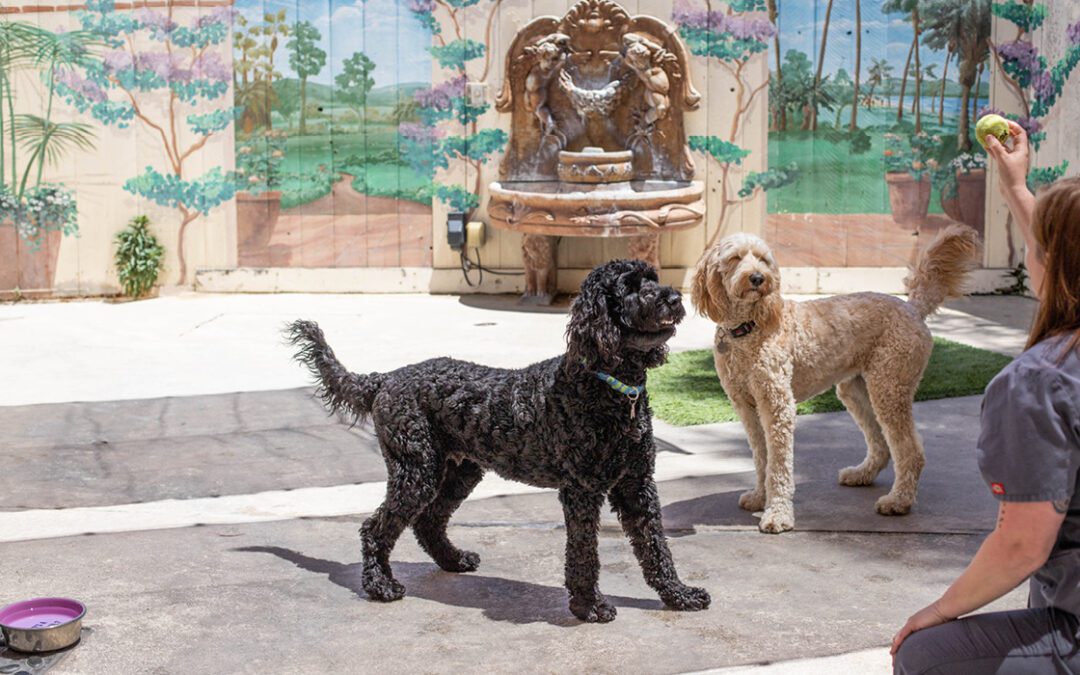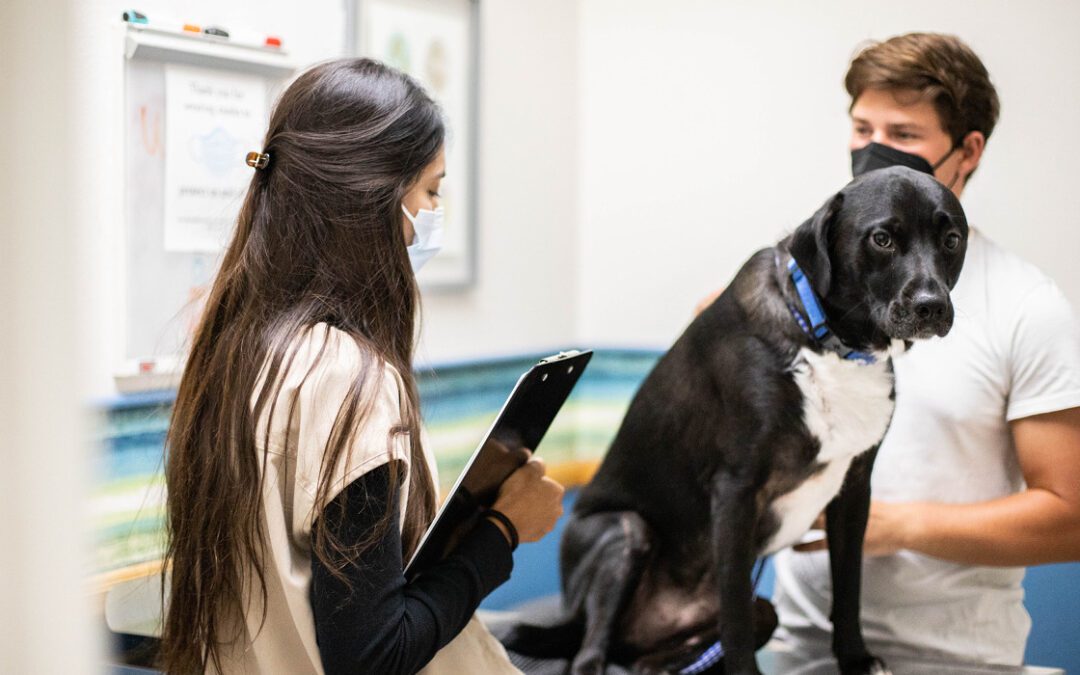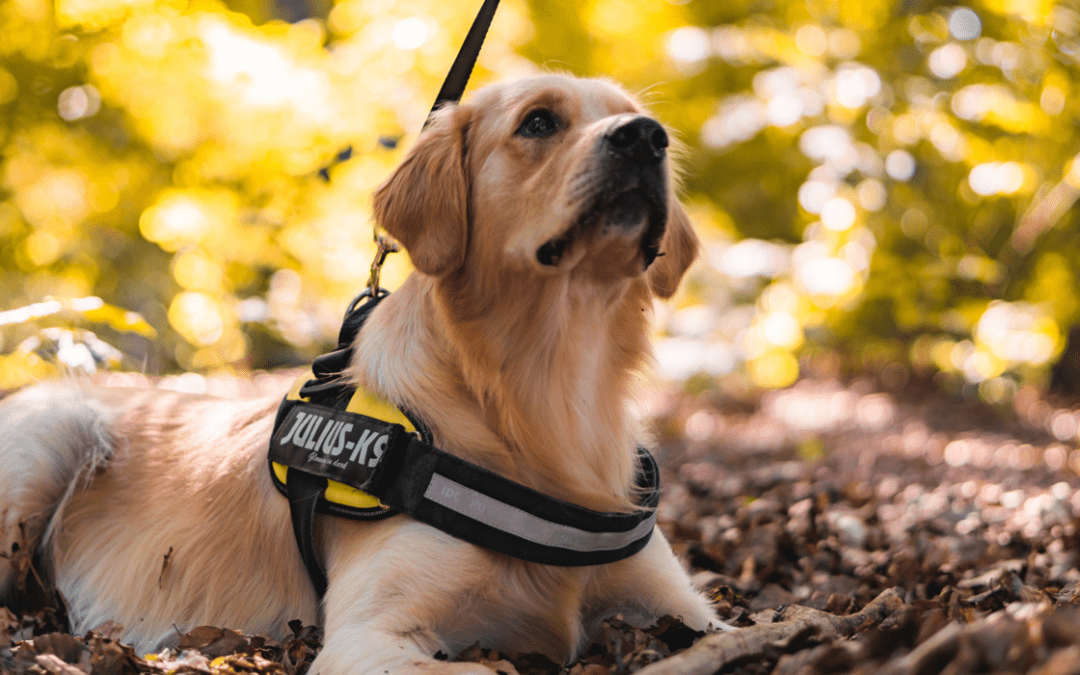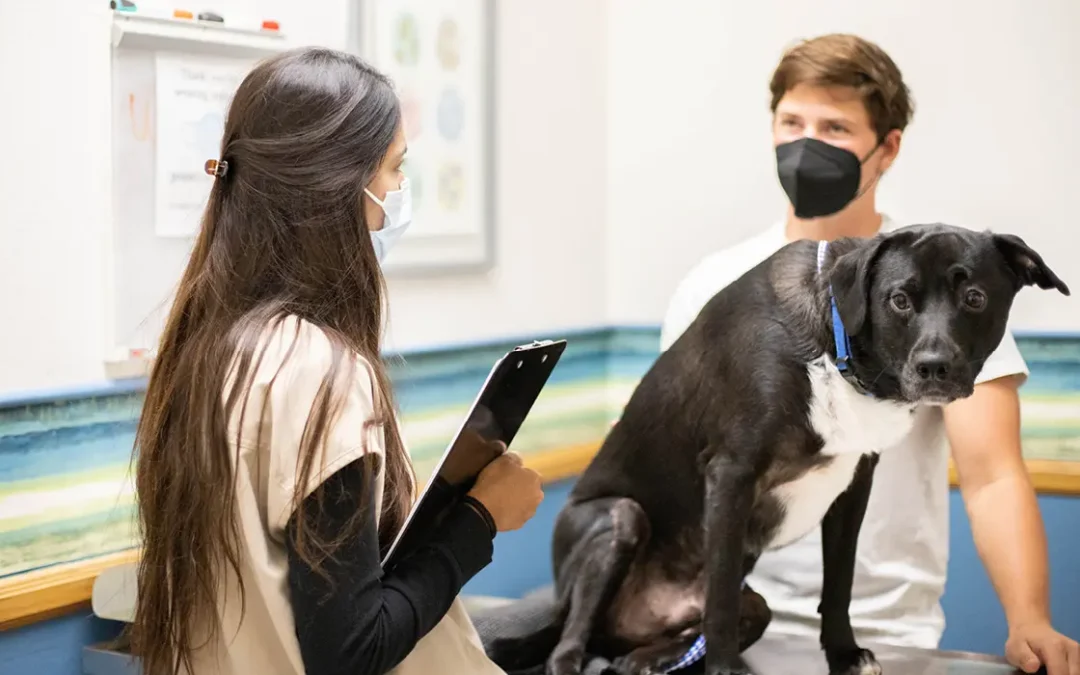Researching a good boarding facility for your pet can be overwhelming, so here are five important points to consider when choosing a reputable business.
1. They Have Insurance and Certifications
A good boarding facility will be insured and certified because truly anything can happen at any time. Staff can get injured, your pet can get injured, or your pet can injure another person or animal. A reputable boarding facility will have this information available to the public and upon request. They might even display their certifications at location or on their website.
Be aware that licensing and certification requirements vary by region. The state of California, for example, has detailed requirements about the responsibilities of a boarding facility operator— everything from offering clean, uncrowded containment, an isolation area for sick pets, proper food storage, minimum observation periods, 24/7 access to clean water, and much more.
2. They Are Open to Visits (Including Virtual)
A reputable facility will let you take a tour of where your pet will stay in advance of booking. If you can’t physically go to the facility, they should be able to offer pictures, videos, or a virtual visit. The facility should also let you see the size of the rooms, the type of environment your cat or dog will stay in, and how well-maintained the facility is. This way, you can get a feel for the ambience of the space. A facility’s website should also clearly state the amount of space given to each pet (in measurements per room or condo size). This information needs to be disclosed in advance. After all, it’s what you are paying for in addition to the quality of care.
Similarly, cat condos should be stress-free and away from barking dogs and startling noises. Cats should also have access to vertical or horizontal space, allowing them to freely move from room to room. They should also be offered soft bedding, a designated area for their litter box away from their food and water bowls, and daily interaction (cat-allowing!).
3. They Offer Additional Services
Good facilities will offer plenty of enrichment in addition to regular cleanings, bedding, playtime, social hours, feeding (including special diets), medicating, and grooming. Do keep in mind that not all grooming services are created equal. Groomers should be fully trained to work with cats and dogs in a low-stress manner, and they should offer hypoallergenic (dye- and fragrance-free) products as needed or upon request.
Some facilities offer services like tooth-brushing, haircuts, paw pad rubs, ear cleaning, nail trims, massages, and more. If electing for these services, you might want to inquire about staff certifications. Although groomers are not required to be certified and on-the-job experience is certainly important, certification from a reputable organization, program, or academy is an excellent minimum requirement.
4. They Require Proof of Vaccination
Vaccines protect your pet from diseases and viruses and protect other pets in return. Boarding facilities are busy places with a lot of four-legged paw traffic and unavoidable stress. Unfortunately, stress lowers immunity. Even with the best cleaning and sanitation protocols, facilities cannot remove microbes entirely, they’re everywhere. On this same note, cat and dog play groups, hangouts, or social pods might share toys or water bowls, which also leads to communal germ transmission.
Dog flu is not uncommon in crowded pet-boarding facilities, and a good boarding facility will require that all guests be up-to-date on core vaccines. Not only should they require it, they will verify it. In California, for example, cats are required to be current on their rabies, FELV, and FVRCP vaccinations. Dogs are also required to be current on their Bordetella, rabies, and DHPP vaccinations. Be prepared to show your pet’s records for verification or schedule an appointment with your vet to get them vaccinated ASAP.
5. They State Their Limitations
Most boarding facilities will state their limitations around pets of a certain temperament, size or type (i.e., large/giant breed dogs that cannot be adequately accommodated), and medical status. For instance, a good boarding facility will refuse to board geriatric pets past a certain age or those with medical conditions that require around-the-clock supervision or advanced care. It’s too much of a liability, and it is not in your pet’s best interest. Luckily, many veterinary clinics offer the option of medical boarding, which might be something to consider over a regular boarding facility.
Medical boarding is warranted for pets that have chronic health conditions and need close monitoring. Such examples might include pets with diabetes, seizures, geriatrics, neurological conditions, eye conditions, or those with mobility issues. In addition, some medical facilities will board pets that display aggression towards strangers, whereas many standard boarding facilities won’t.
While the veterinary clinic can be stressful, having an around-the-lock medical team to supervise your pet is likely the safest option. Medical boarding can cost more than regular boarding because you are placing your pet in a legitimate veterinary hospital. If your pet requires above-average care for any existing health issues, medical boarding is the right choice.






